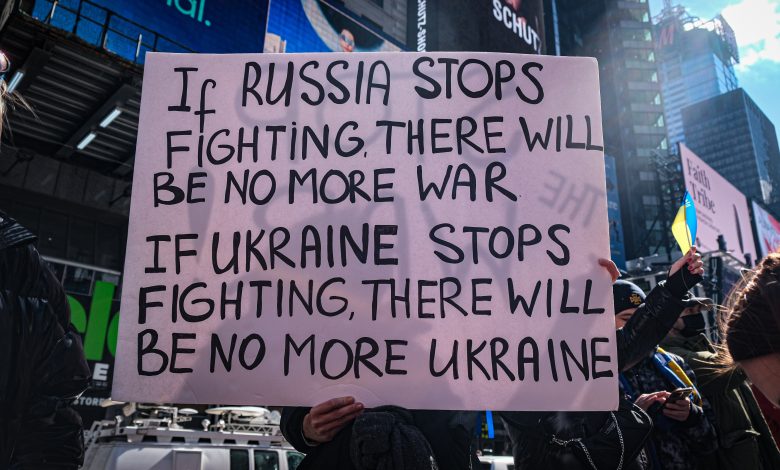russia news on ukraine

Russia and Ukraine have a complex and often contentious relationship. In 2014, events in Ukraine led to a major political crisis and conflict between the two countries.
The crisis began with the ousting of Ukraine’s pro-Russian President, Viktor Yanukovych, in February 2014. This was followed by Russia’s annexation of Crimea in March and the ongoing conflict in eastern Ukraine between Ukrainian government forces and pro-Russian separatists.
The annexation of Crimea was met with widespread condemnation from the international community, including the United States and European Union. They imposed economic sanctions on Russia in response to the annexation and have accused Russia of providing military support to the separatists in eastern Ukraine. Russia has denied these allegations and has accused the Ukrainian government of violating the rights of ethnic Russians in Ukraine.
The conflict in eastern Ukraine has resulted in thousands of deaths and has displaced many people. Efforts to resolve the conflict through negotiations have been ongoing, with several ceasefires and peace agreements being reached. However, the conflict has continued and sporadic fighting has persisted.
In recent years, relations between Russia and Ukraine have improved somewhat, with both sides engaging in diplomatic efforts to try to resolve the conflict. In 2020, a major prisoner exchange took place between the two countries, and there have been signs of increased economic cooperation.
However, tensions between Russia and Ukraine remain, and the conflict in eastern Ukraine remains unresolved. The situation continues to be a source of concern for the international community and a major factor in the strained relations between Russia and the West.
The ongoing conflict in eastern Ukraine and the annexation of Crimea by Russia have contributed to strained relations between Russia and Ukraine, as well as between Russia and the West. The international community, including the United States and European Union, has condemned Russia’s actions and imposed economic sanctions in response.
The conflict in eastern Ukraine began in 2014, after the ousting of Ukraine’s pro-Russian President, Viktor Yanukovych. Pro-Russian separatists in the region declared independence and sought to establish a breakaway state. The Ukrainian government, backed by the West, has fought against the separatists, and the conflict has resulted in thousands of deaths and the displacement of many people.
Both sides have accused the other of violating ceasefires and peace agreements, and the conflict has persisted despite efforts to resolve it through negotiations. In recent years, there have been signs of improved relations between Russia and Ukraine, with both sides engaging in diplomatic efforts and a major prisoner exchange taking place in 2020. However, the conflict in eastern Ukraine remains unresolved and continues to be a source of tension between the two countries.
The annexation of Crimea by Russia in 2014 has also contributed to strained relations between Russia and the West. The annexation was met with widespread condemnation and led to economic sanctions being imposed on Russia. The West has accused Russia of violating international law and of providing military support to the separatists in eastern Ukraine, while Russia has denied these allegations and accused the Ukrainian government of violating the rights of ethnic Russians in Ukraine.
Overall, the tensions between Russia and Ukraine, as well as the strained relations between Russia and the West, have been a major factor in the current political landscape. The situation continues to be a source of concern for the international community and has significant implications for global security and stability.




